|
By Ace Gangoso It is a unique pleasure to get to work directly with a composer while preparing to perform one of their pieces. Few are privileged enough to do so, and as a classical singer, this is often impossible because many of the composers in the standard repertoire are long gone from this world. One great aspect of being a part of Fourth Coast Ensemble is the collaborative relationship we have built with some of today's composers. This post will highlight our recent work with Grammy-nominated composer Shawn Okpebholo who is, like his music, very much alive! The quartet was honored to have him be a part of our rehearsal process as we prepared several of his works for our "Fine Folk" concerts this past April. He had a wonderful and energetic spirit about him, and although we were workshopping music he had written and published several years ago, it was as if we were creating something brand new. Beyond the fact that we were adapting some of his pieces to be sung by different voice types (or different combinations of voices) than originally scored, it seemed that Shawn doesn't consider any of his work to be written in stone. It is never "done." He was listening, engaging, dreaming, and experimenting until it was right; right for this group of performers and their musical, technical, and artistic sensibilities. For this program, I sang Shawn's thrilling setting of the spiritual "Great Day" with pianist Kuang-Hao Huang. It's a text and melody I already knew well, but never have I experienced it with the harmonic and textural landscape that he has created here, most noticeable in the piano part. As this was written originally to be sung by baritone Will Liverman, I obviously requested a version that is transposed to a higher key. Once we got together in the rehearsal room, Shawn agreed that the new key worked, but requested an additional change: at a climactic moment in the piece, after two ascending key changes in quick succession, he wanted the vocal line to crest even higher. What tenor would say no to more high notes? As a bonus, I got to interview Shawn at our Hyde Park concert. (He's a great and animated talker and made easy work for this introvert.) He allowed us some insights to a few things: how his cultural roots and his classical music training inform his artistry, the place of African-American spirituals in the classical canon, and why he calls his settings of these spirituals "reimaginations" rather than "arrangements." In case you missed our "Fine Folk" performances, you can still catch our online rebroadcast of the full concert at the Logan Center. Please enjoy this opportunity to hear him tell a bit of his story in his own words. There you'll also be able to hear three more of Shawn's pieces, as well as our collaborations with the Jonas Friddle Band (with Anna Jacobson and Andrew Wilkins), Peggy Browning, Jennie Oh Brown, and Kuang-Hao Huang.
0 Comments
By Ace Gangoso It’s been a while! How are you all? Welcome back to the return of our blog, The Art Song Fix. By now, hopefully you have seen some of the great news we have shared recently, particularly our season announcement. Over the summer, we have not only been planning and rehearsing for these programs, but we have also spent time in the recording studio. Stay tuned for some exciting details on that very soon! 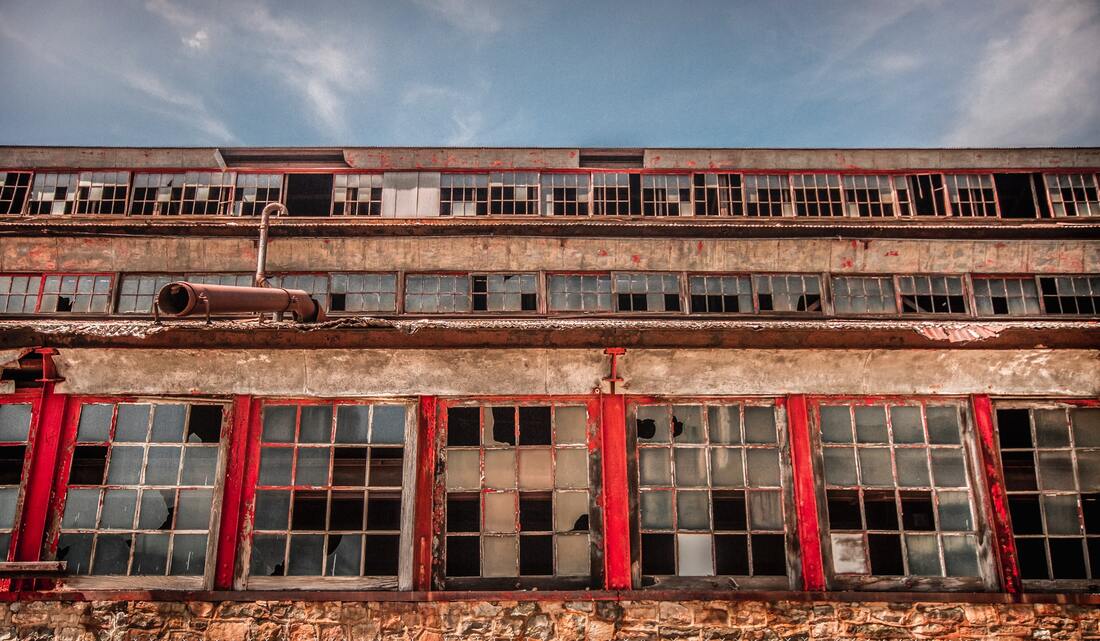 Photo by Joe Dudeck on Unsplash As we pause to celebrate Labor Day, I am reminded of my duet with Dave, singing Jake Heggie’s (1961-) setting of the Vachel Lindsay (1879-1931) poem, “Factory Windows Are Always Broken.” Heggie made a curious conversation out of this already peculiar text—two voices spar with each other as a raucous piano accompaniment fuels the fire and drama. Since this performance, I have developed a slightly different context of what exactly is going on here. If you’re curious about the contents of my brain I will share, but I decided to leave it out of this particular post for length. Several existing analyses consider this poem to be a story of laborers revolting against unfavorable and inhumane conditions, and perhaps disdain for how the true skill and art of craftspeople were being replaced by machines and assembly lines. Without being able to be totally certain about his intentions, Lindsay did live during an important time in the history of labor in our country, amid unionization efforts, strikes, judicial and legislative actions, and the implications of a world war. As modern-day workers, we enjoy certain opportunities, benefits, and protections that were not always guaranteed, and I realize how easily that can be taken for granted. Chicago has a notably turbulent history of labor disputes. I am privileged to be a part of the AGMA (American Guild of Musical Artists) Union, and also have the honor to serve as a committee member representing choristers at the Chicago Symphony Orchestra. I will most certainly enjoy this day off to recharge, but I will aim to keep at the forefront of my mind those who have fought on behalf of all workers, and ponder how I might continue the labor of advocating for the greater good. The work must continue! |
SUBSCRIBEAboutHello, and welcome to the blog! We are Fourth Coast Ensemble, Chicago's classical vocal quartet. Join a different member of our ensemble for insights into our favorite art songs, links to archival and new recordings, and reflections on why we value and continue to come back to this musical medium. We proudly present, your #artsongfix! Archives
June 2023
Categories
All
|
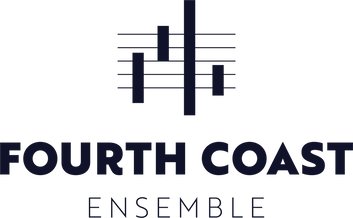
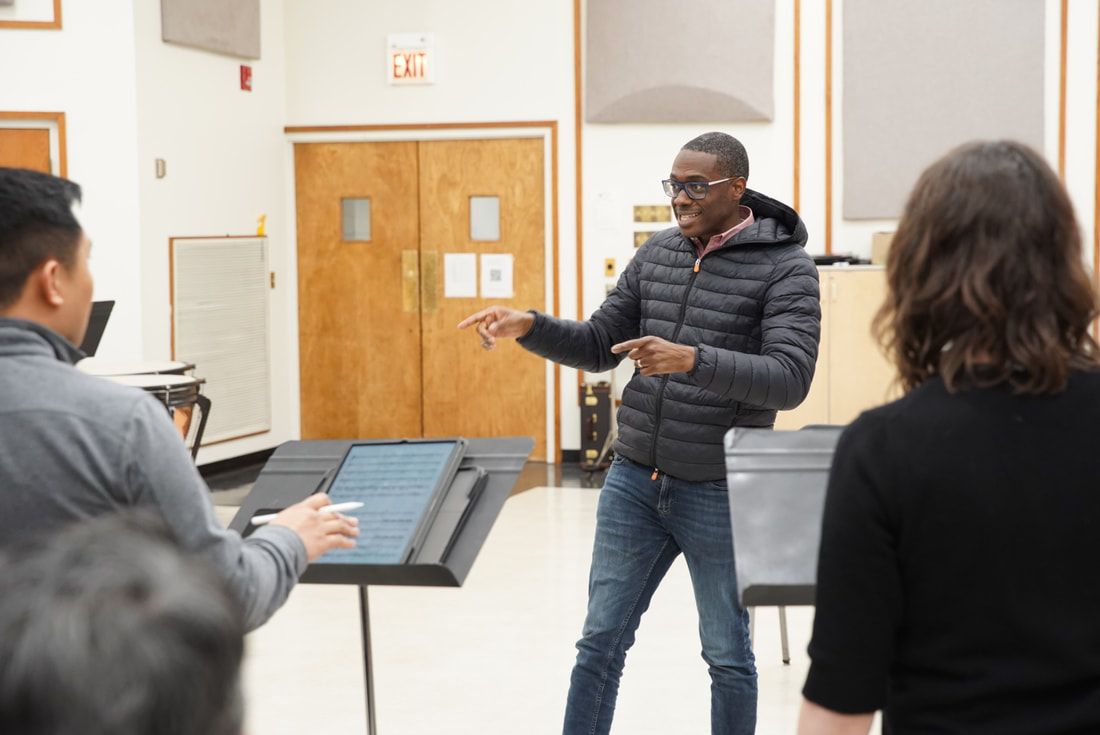
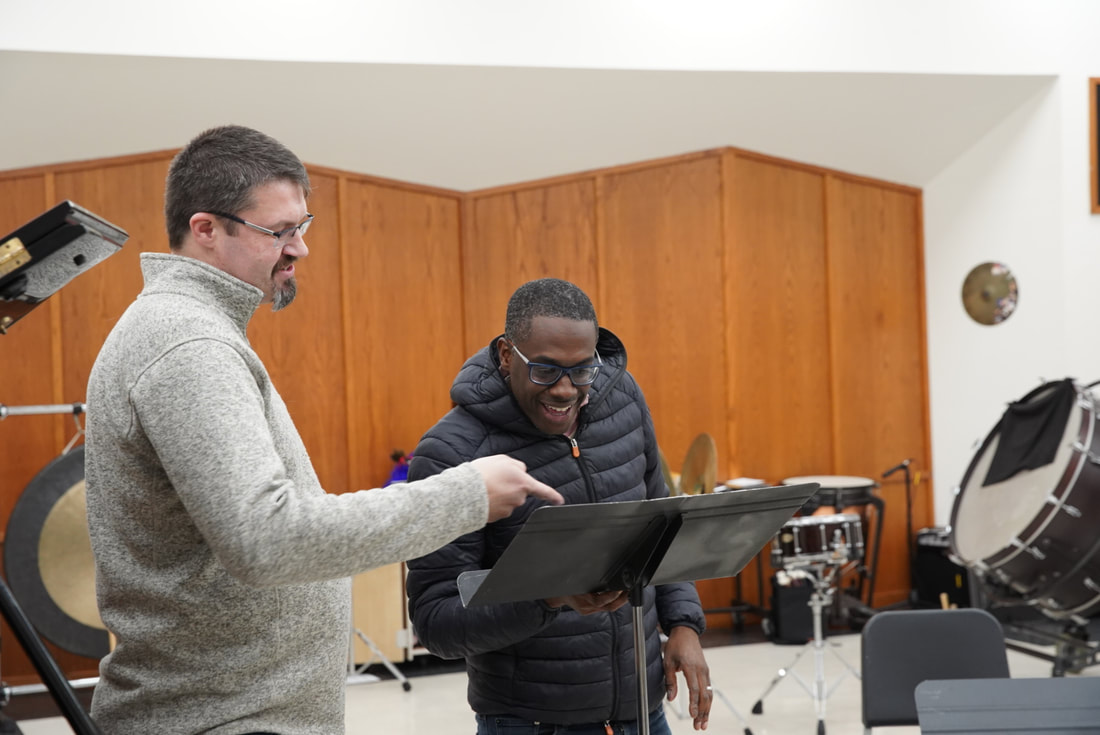
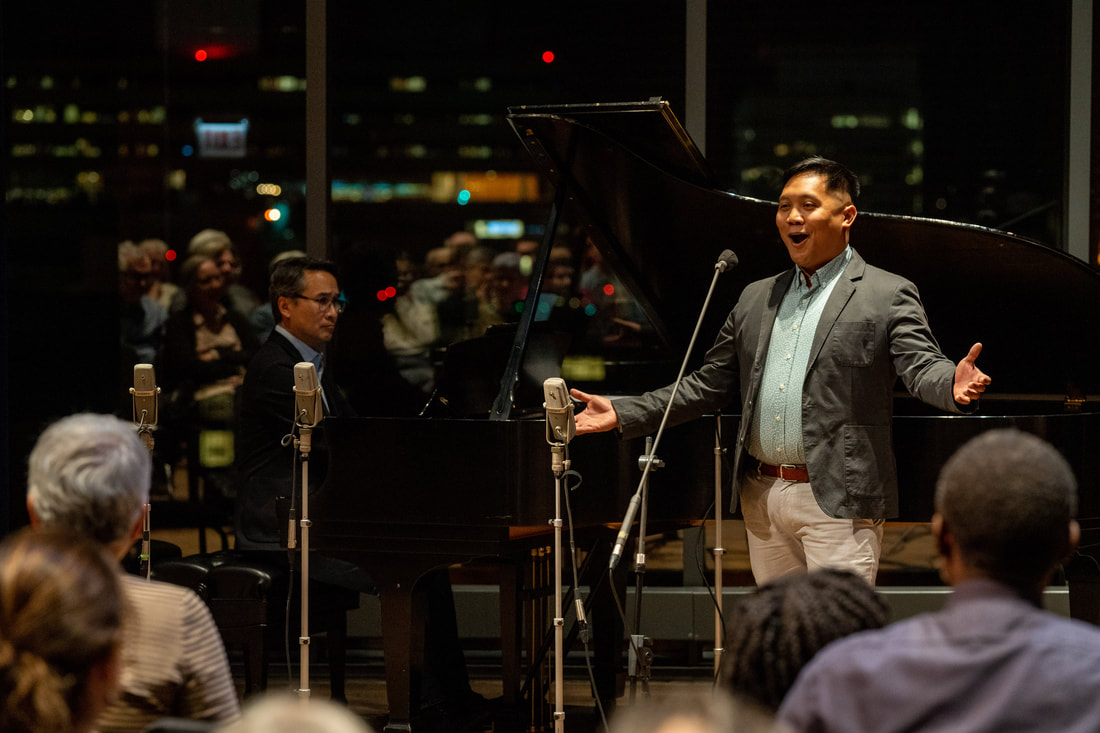
 RSS Feed
RSS Feed
